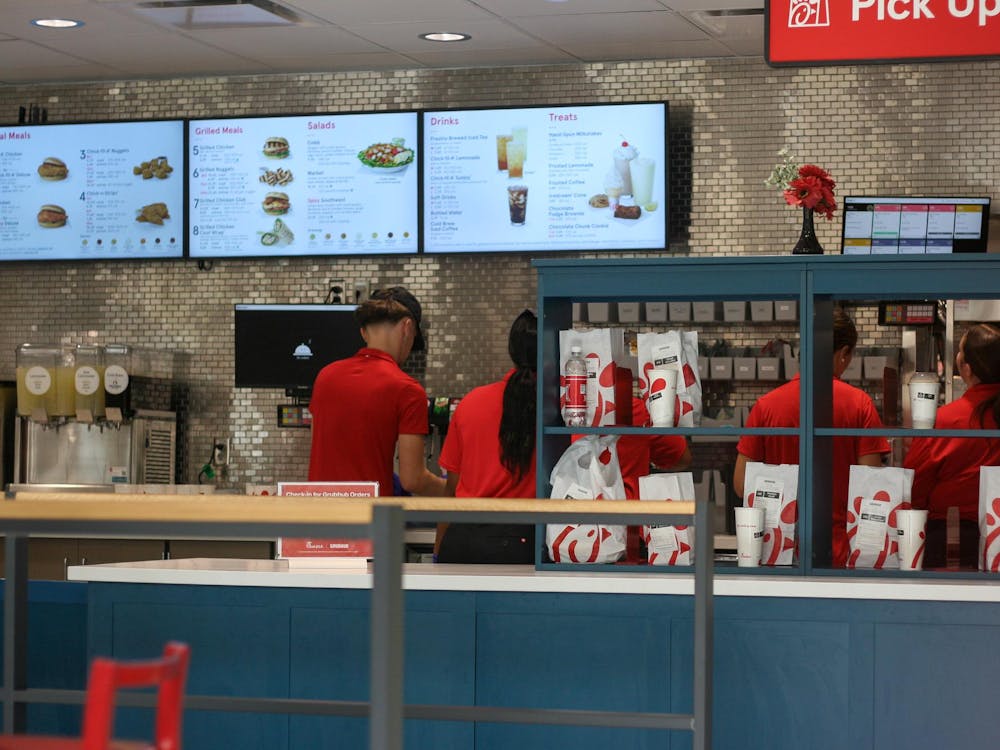BY: SHANNON REILLY
In the spring, myself and many other students hunted for summer internship experiences. The application process is a stressful undertaking for students of any major or level, but students in the environmental and sustainability field, who have had doubts planted in their minds about their career path since the beginning, may carry an extra weight. This was my experience, the “What are you going to do with that major?” amplifying itself in the back of my mind as I scrolled through Linkedin. Eventually, I found not only an opportunity that gave me skills to apply to my future career, but also offered me a close up at the challenges of a job in the nonprofit and environmental sectors. Though I am a stressed senior and no expert, I have advice to share with those that are beginning the process of building a resume that can help guarantee success in this field.
Tip #1 Apply to a lot of jobs and often.
If you apply to 20 instead of 2, you have a better chance. Apply to the opportunities most recently posted so that you have a greater likelihood of being seen. And you can choose what YOU want to do. This past summer, I interned part-time at a small ocean-conservation start-up, Seaside Sustainability. I also had a full-time job related to Public Health, but Seaside was my first experience in the environmental field outside of Miami. I found the job via Handshake, and applied in March and received an interview invite at the beginning of April. The application states that only 1 of 45 that apply are chosen, which is a frightening statistic for an unpaid internship.
Tip #2 Apply for Miami’s grants for unpaid internships.
I was ecstatic to be accepted, and was offered placement on their Legislative Policy and Grant Writing teams. During onboarding, I learned that the organization is largely driven by around 60 interns who act as the team members and project managers, who report to fellows and a board of directors. Start-ups are usually willing to hand more responsibility and flexibility to interns and while this may be some people’s dream, it also creates other challenges.
Tip #3 If you are having trouble breaking into a field, try emailing or messaging people that work at small companies doing work you would be interested in.
Sometimes, even without a formal internship program, you can still collaborate and build your experience. I have received interviews for small nonprofits just by reaching out over LinkedIn- it's a great tool to find the exact work that you are interested in.
While at Seaside, I wrote grants, and the organization seemed to gain traction and new opportunities following the obstacles of the pandemic. My role included finding grant opportunities and compiling data that demonstrated the need for our program, and examples of our successes. I also researched legislation that affects marine ecosystems and had the chance to partner with other environmental organizations. I developed my professional skills, while also learning what I wanted in a career and what I didn’t want.
Ultimately, we don’t have to graduate with a dream job, but be ready to seize opportunities that sound exciting until it leads to a good place. So don’t worry about “What are you going to do with that major?" because there will be a long list of achievements and roles that will make you happy you didn’t box yourself in.




